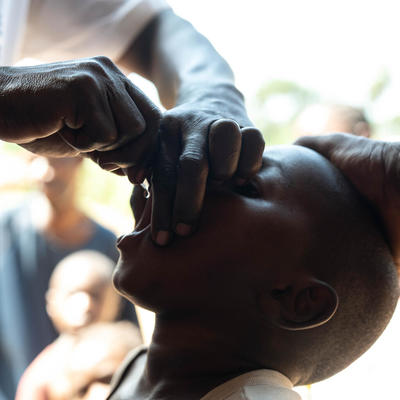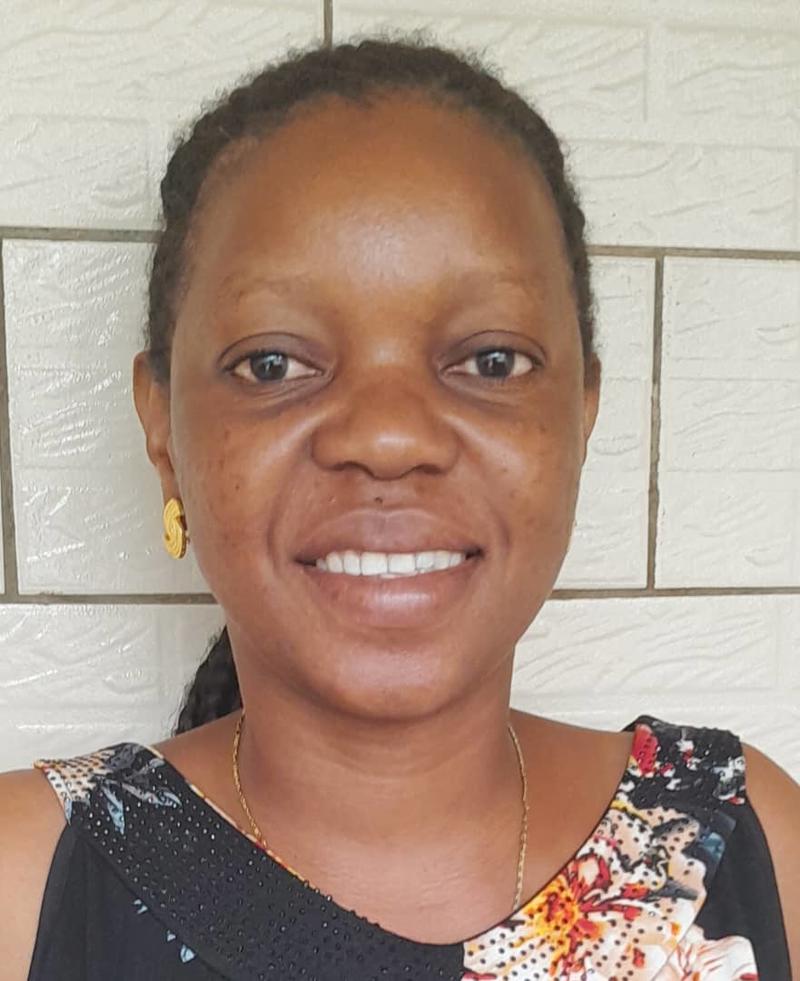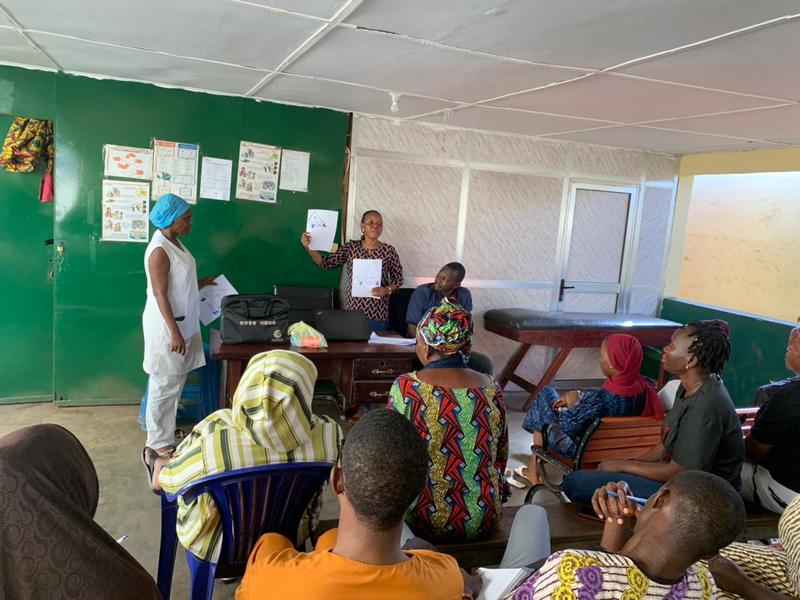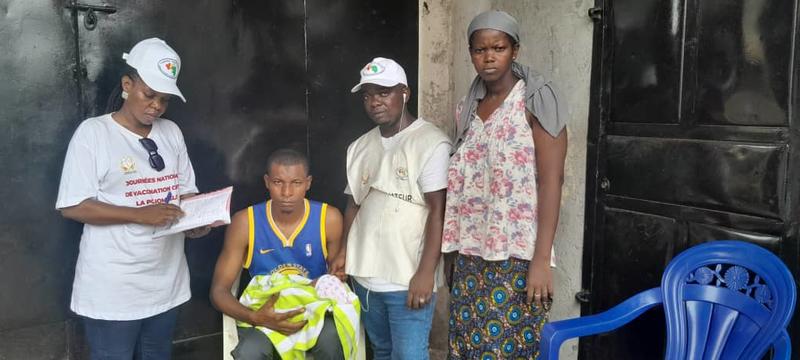
Discover how Dr. Isabelle Saran MANOH, a dedicated doctor and godmother of the Wanindara Health Center, has played a key role in Guinea’s 2024 polio vaccination campaign. Learn how her leadership and commitment are helping to eradicate polio and protect the children of Guinea.
In Guinea, the fight against polio is powered by the dedication of local leaders like Dr. Isabelle Saran MANOH, a doctor and godmother of the Wanindara Health Center in the Ratoma District. In this firsthand account, Dr. MANOH shares her role in leading the 2024 polio vaccination campaign, from preparation to implementation, and the extraordinary effort it took to achieve a remarkable 154% coverage at her health center.
Dr. Isabelle Saran MANOH: A Doctor's Commitment to Eradicate Polio
I am Dr. Isabelle Saran MANOH, 38 years old, originally from Kissidougou, and I work as a doctor in the Ratoma municipality district, and I am also a mother to an 18-year-old daughter. My dream is to become a community development facilitator. In addition to my duties in training at the district level, I am also the godmother of the Wanindara Health Center, one of the 10 health structures in Ratoma, which faces a complex socio-political context. Despite these challenges, I have unwavering dedication to the polio vaccination campaign. I actively participate in every stage: from preparations to implementation, and through to post-campaign activities for T1/2024. Thanks to these efforts, our health center achieved 154% coverage, coming second after Koloma Health Center, which reached 162%.
Supervising Door-to-Door Vaccination Teams
I live about 10 km from Wanindara, and I’ve always been an early riser, a habit instilled in me by my father. Every morning, I lead the preparatory meetings for the teams, reminding them of the directives. I don’t stop there. On Day 3, I accompany the door-to-door teams, where the UNICEF team was supervising. I ask parents of children under the age of one to continue routine vaccinations and not miss their appointments.
Ensuring Accountability: Tracking and Data Collection
When the teams return around 4:30 p.m., I make sure the tracking sheets are properly checked by team, and that the vials used and unused are accounted for at the end of the day. I work closely with the data manager and the health center’s head to collect, compile, and finalize the summary report until 7:30 p.m.
Empowering Women to Protect Their Children
For me, eradicating polio is a must. I have motivated women in the community to vaccinate their children. I believe that women are often the primary caregivers, and when illness strikes, they are the ones who suffer the most, while men are typically focused on providing for the family. Women are also in the best position to convince their husbands to vaccinate their children. As a mother myself, I am deeply sensitive to the suffering children endure and the additional burden that falls on mothers during times of illness.

Photo: Dr. Isabelle Saran MANOH


Photo: Supervising a door-to-door vaccination team at the Barry Household, where a 15-day-old infant lives.
Dr. Isabelle Saran Manoh’s work is a testament to the crucial role women play in public health, especially in the fight to eradicate polio. Through her dedication and leadership, Dr. Manoh has not only influenced her community but also empowered women to take the lead in safeguarding their children’s health. As Guinea moves closer to a polio-free future, her story will stand as a powerful example of how one person’s commitment can make a lasting impact on public health and the well-being of an entire nation.
Written by Afiavi B Aguessy, STOP 55 Polio, UNICEF Guinea
Edited by Daria Shubina, UNICEF NY HQ Polio SBC Knowledge Management Specialist
Photos: © UNICEF Guinea/2024/Afiavi B Aguessy

